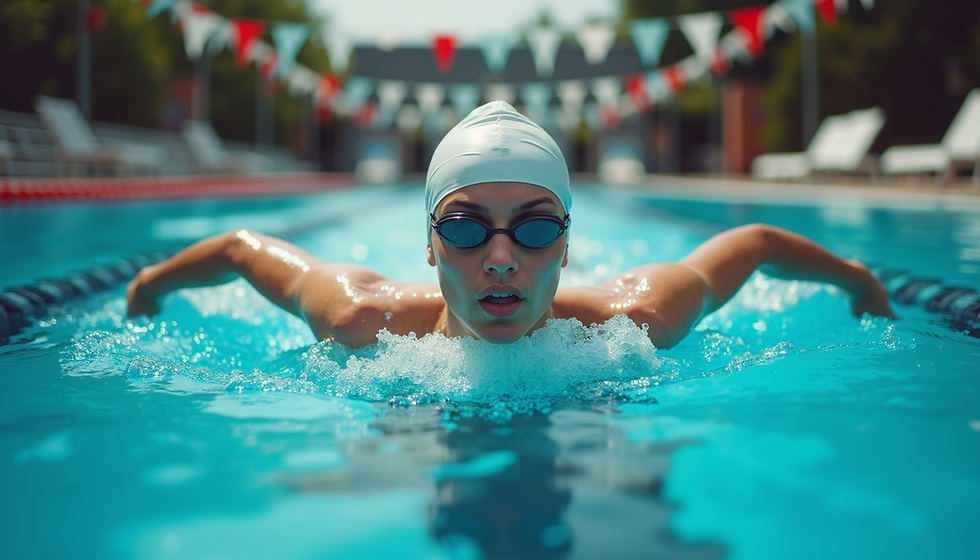Why should strength training be part of preparing for endurace & triathlon
- Marques Garcia

- Mar 7, 2017
- 3 min read
Many endurance athletes develop injuries like tendinitis, runner’s knee, hip and Achilles’ tendon or patellar tendonitis. Even more common is the recurrence of such injuries and the sad consequences they bring- in many instances disrupting an athlete’s season for the sport they love. Most of these athletes usually have one thing in common: They don't have a sport- specific strength training program embedded as part of their training plan. Many new triathletes and even runners took up the sport without the proper musculoskeletal and neuromuscular adaptation, the core and joint/muscular preparation that should be implemented prior to going out on long races. We believe that proper coaching should include strength training, stretching and recovery as part of an integrated training plan.
It is extremely paramount to incorporate a strength training regimen as a part of, or at least before taking up running, triathlons, and especially IRONMAN distances. A sport specific strength training can be a formidable buffer between an athlete and injuries. In the very least, strength training may lessens the chances of these injuries and enhance performance and recovery. The idea is to strengthen the core, muscles, tendons, and joints in the face of the onslaught of the repetitive stress placed on the body by the added training load or the three activities, swimming, biking and running. These three events utilize different muscle groups and require specific strength training to help you improve your performance and prevent injuries.
As a srength and conditioning specialist and a triathlon coach, I apply three major sport-science principles when preparing my athletes for triathlon events:
1- The Overload principle: I increase my athletes strength training load gradually and progressively. In doing so, no abrupt increase in intensity or volume takes place, and by doing so it minimizes injuries and it allows room for adaptation to take place in a gentle, subtle manner even the athltes themselves are surprised how improved they become.
2- The Specificity Principle: This is a key principle that I apply constantly, especially in a Strength Training program to prepare my athletes for the onslaught of endurance sports, especially triathlon. The idea is to strengthen the whole body as a strong platform to launch from..many people find that description fascinating. Once the body is strong enough, then I create a strategy to prepare the specific muscles (and joints) that are used for swimming, biking, and running -for example, by applying a sport specific regimen to aide the athlete in improving performance and to protect against injuries.
3- The Recovery Principle: One of my favorite triathlon coaches, Matt Dixon, is fondly known as the recovery coach. I am in complete agreement. In my humble view, no advancement in any athletic endeavor, especially in triathlon, can be achieved without applying adequate rest and recovery. As a coach, my goal is to improve the performance of my athlete, and to my athlete's shagrin, I insist on recovery and time off from any swim, bike, run, strength or any rigorous training in a periodic way (as in every few months) and systemic (as in within the training plan). By doing so, we as coaches want to capture supercompensation, the holy grail for incredible advancement in performance.
If you are a triathlete who negletcs strength training, my advise is it's not too late to start a strength training program to establish a strong foundation so you can go out and enjoy the amazing outdoors and improve your performance.












Comments